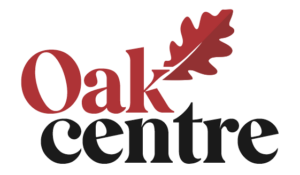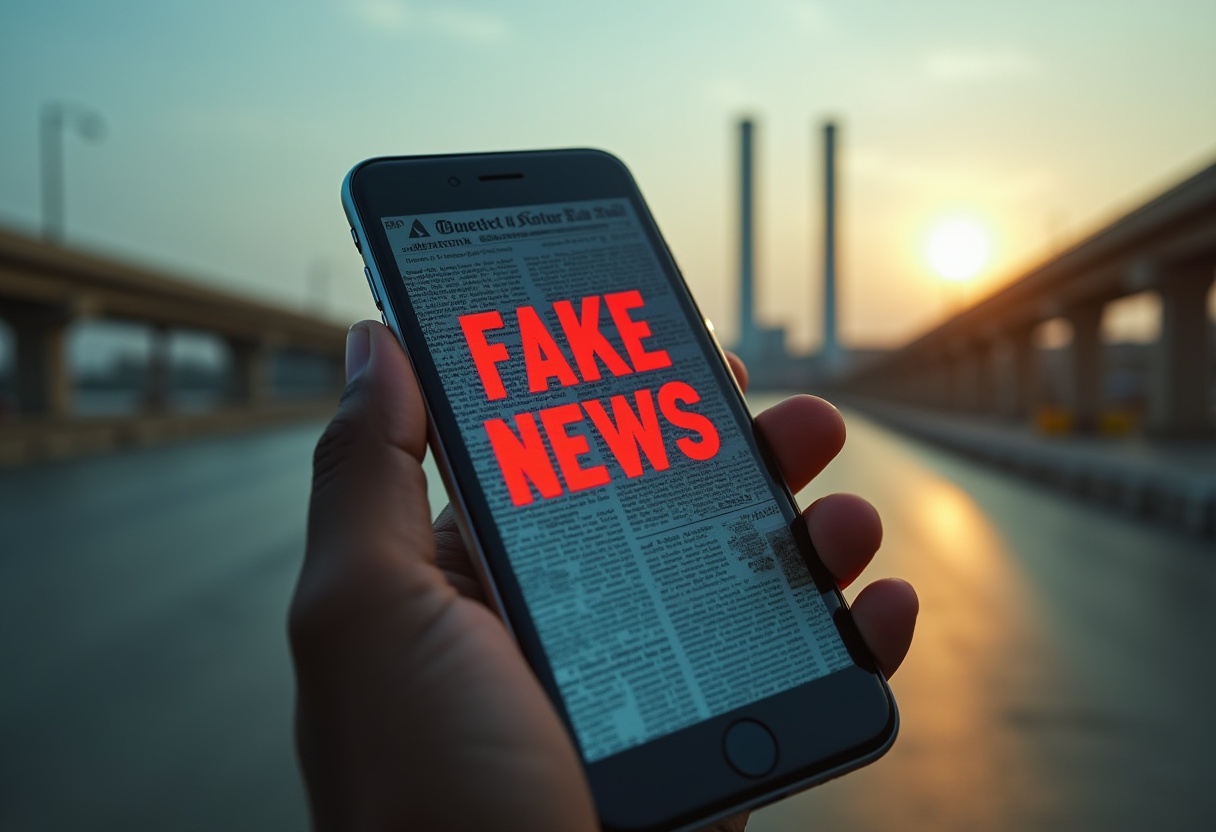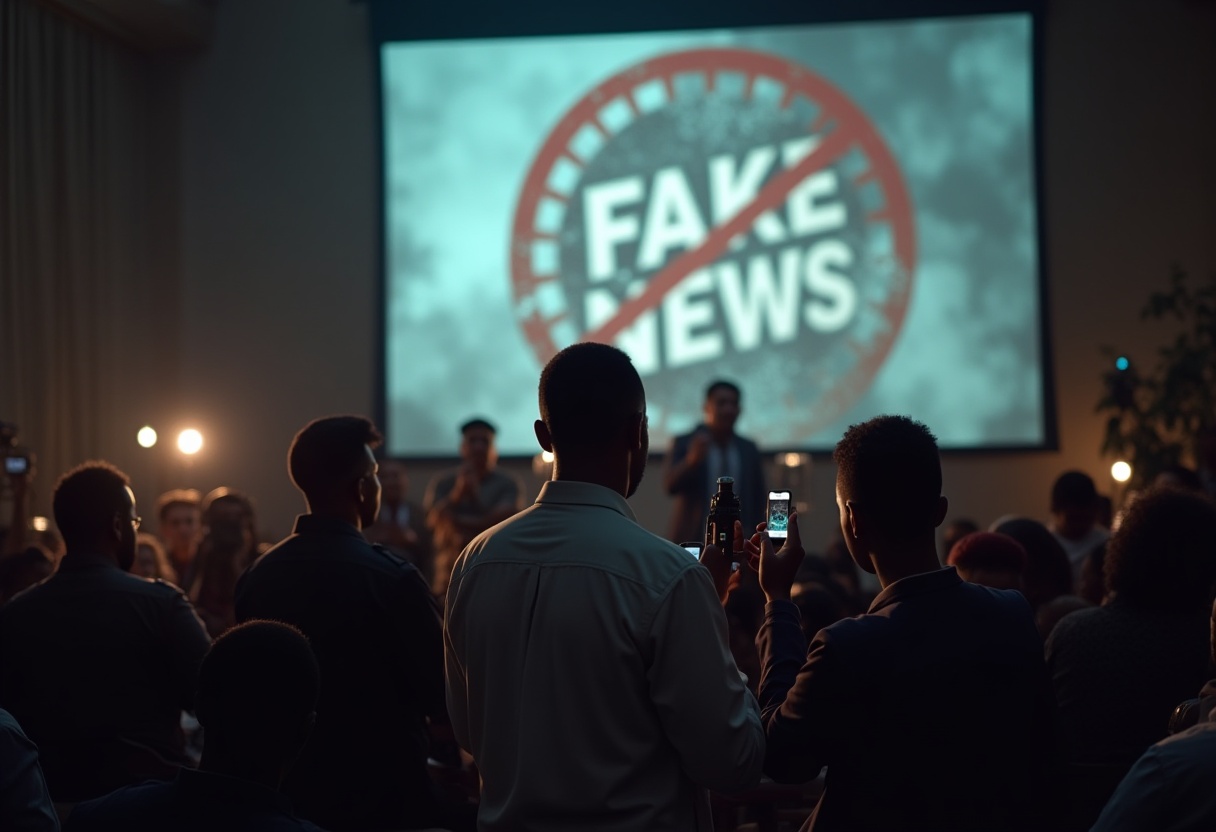This week’s review tracks three fronts of the misinformation challenge. First, we debunk a viral claim that Nigeria banned tomato paste imports. Next, we examine a troubling trend in broadcast ethics as stations air political advertising disguised as news. Finally, we highlight how young people in Kano are using humour and TikTok to lead their own fight against disinformation. Together, these stories reveal both the persistence of falsehood and the growing creativity of citizen resistance.
This week’s top false claims
No, Nigeria did not ban tomato paste imports: SON debunks viral hoax
This week, a fresh wave of misinformation again tested public trust. A viral WhatsApp and Facebook post claimed that Nigeria had banned all tomato paste imports due to “toxic preservatives.”
The rumour spread quickly through family groups and market circles, with some traders even halting purchases out of fear. However, the Standards Organisation of Nigeria (SON) clarified in a 19 August press release that what took place was merely a routine inspection of imported tomato concentrate shipments at Lagos ports.
Some consignments were flagged for quality checks, but there was no nationwide ban. Both Premium Times and Africa Check confirmed that the audio and text messages misrepresented events.
Verdict: False. Routine inspections were distorted into a hoax, fuelling unnecessary anxiety.
Media ethics spotlight
Stations air political ads masquerading as news
Ahead of the 2027 elections, Nigerian TV and radio stations are facing scrutiny for blurring the line between journalism and campaign promotion.
A new monitoring report titled Political Advertising Disguised as Editorial Programming, produced jointly by the Centre for Media Law & Ethics and the Nigeria Union of Journalists (NUJ), found that more than 30 broadcast segments aired in August were, in fact, political promotions presented as editorial news.
These segments appeared across both television and radio. This practice violates section 5.3.3 of the National Broadcasting Code, which requires political content to be clearly labelled as paid or sponsored.
This is not a minor infraction but a critical failure of journalistic integrity. When broadcasters present campaign messaging as news, they compromise the public’s trust. The NBC must enforce transparency through mandatory on-air disclosures and ensure ethical boundaries between reporting and persuasion are restored.
Tool of the week
TikTok truth challenge goes viral in Kano
In Kano, young people are showing that the fight against misinformation is not only for regulators or journalists. Through the #TikTokTruthChallenge, a youth collective called Yankasa Digital Voices is turning fact-checking into entertainment.
Their short skits, street-style interviews, and witty side-by-side video reactions expose fake cures, exaggerated rumours, and conspiracy theories in a way that makes people laugh while they learn.
The reach has been striking. Within a single week, the hashtag crossed 1.2 million views, trending locally and spilling into neighbouring states.
More importantly, it proves that when young people become the drivers of truth-telling, fact-checking is no longer a dry lecture. It becomes shareable, relatable, and even cool. In a digital age where falsehoods often travel faster than facts, Kano’s youth are demonstrating that humour and creativity can become weapons of truth.
Quote of the week
“Truth is the cornerstone of journalism and every journalist should strive diligently to ascertain the truth of every event.”
Code of Ethics for Nigerian Journalists
Closing reflection
This week’s cases highlight three sides of the truth crisis: a viral hoax that disrupted markets, broadcasters who blurred political promotion with editorial news, and young citizens who used TikTok to reclaim the narrative. Each story shows how easily misinformation seeps into daily life, but also how it can be countered with institutional clarity, ethical discipline, and citizen creativity.
The defence of truth cannot be outsourced. Regulators must enforce transparency, journalists must guard professional standards, and citizens, especially the young, must keep finding inventive ways to call falsehood by its name. In the end, credibility is not protected by institutions alone but by the shared habits of a society that values facts over fiction.





